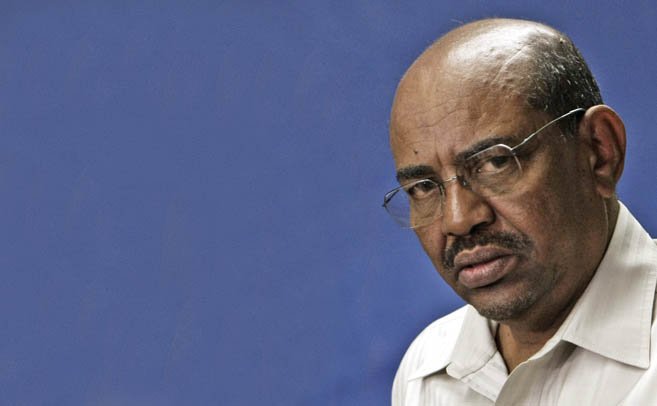The recent nomination of incumbent Sudanese President Omar al-Bashir as the ruling party’s candidate for upcoming presidential elections was hardly a surprise, given the tight grip he's held on power for nearly three decades.
The move has sparked fears that Bashir and his supporters are planning to scrap the existing legal framework to keep the president, who has been wanted by the International Criminal Court (ICC) since 2009, in power.
Despite having previously declared that he would step down in 2020, a victory in the upcoming elections would pave the way for Bashir to reach 36 years in power.
Faced with hostility from the West and a national financial downturn, Bashir has shifted his international and regional allegiances, repositioning himself with Saudi Arabia and severing ties with old allies Iran and North Korea.

Source: icc.net
But the ongoing diplomatic crisis between Qatar and other Gulf powers has made it extremely difficult for Bashir to navigate the political rift while obtaining the financial backing he desperately needs from Gulf states.
Al-Sadiq al-Mahdi, who was prime minister of Sudan until the 1989 coup, had last month put forward a proposal in which Bashir would agree to step down in return for the ICC case against him being frozen for a year.
Sudanese Communist Party spokesman Ali Saeed Ali told MEE that his party categorically rejected Bashir’s nomination.
“It’s really a shame to change the constitution because of one person,” Ali said. “Changes to the constitution should be conducted for important things, to push forward improvement in the lives of our people, not to support dictators .
Source: MiddleEastEye